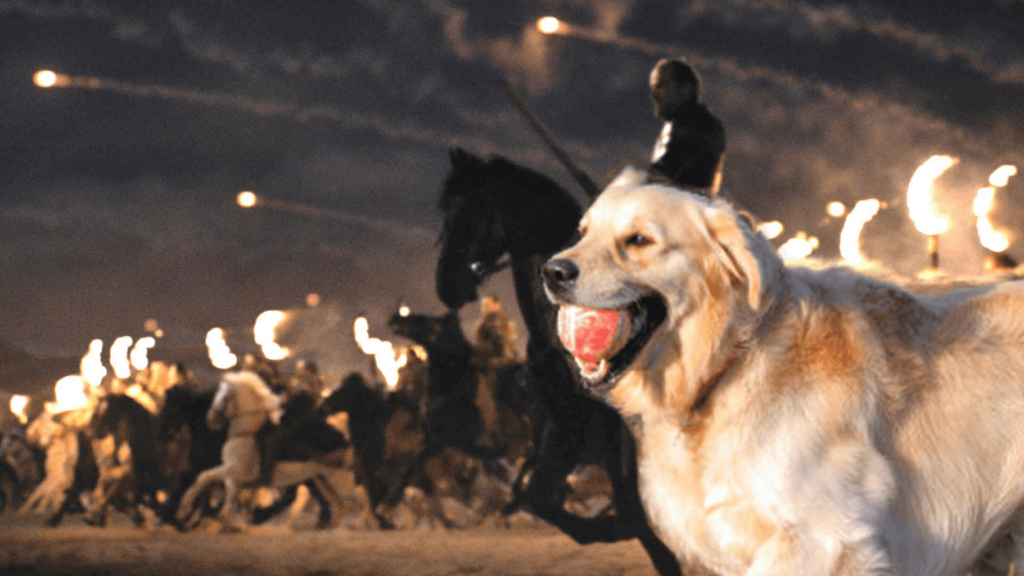Tools for Big Picture Editing of Your Novel

The mountain of editing/revision can be daunting, particularly for long-form stories. Here are four tools you can use to gain perspective of the big picture.
The Essentials of Orienting Your Reader

In film, orientation is almost immediate. In prose, oreintation requires ink. Here are some guidelines for what orientation the reader needs.
The Two Imperatives for Compelling Dialogue

Weak dialogue portrays exchanges of information that leave the energy of the scene flat. Compelling dialogue does these two things.
Turning Points Propel Your Story

Turning points are why scenes exist. So it’s essential to understand how and why they work within your story to propel both plot and character.
Irony is Central to Storytelling

Irony is more important to storytelling than you might think. It helps create more poignant story events and ushers in more meaningful character transformation.
Exposition in Dialogue

You can deliver exposition via dialogue, but you have to finesse it a little. Here we discuss how you can disguise exposition so it doesn’t feel contrived.
Earning Story Events

Earning story events means paying attention to three types of context (deep, situational, and immediate) as well as giving the character time to arrive at a response.
Your Writing Needs to Be Better Than Game of Thrones

The writing for the TV series has been in a steep downhill descent for a while, and the 3rd episode of Season 8, which needed to pay off a years-long plot arc, utterly failed to create a cohesive narrative.
How to Create Compelling Story Action

Action is important for stories, but not all action moves characters. Here, we discuss three requirements for action in your stories using a questionable football analogy.
The Key to Epiphanies, Realizations, and Moments of Clarity

Writing epiphanies and realizations can be difficult; how can you make them feel earned and not contrived? Here, we examine the keys to successful realizations in storytelling.
